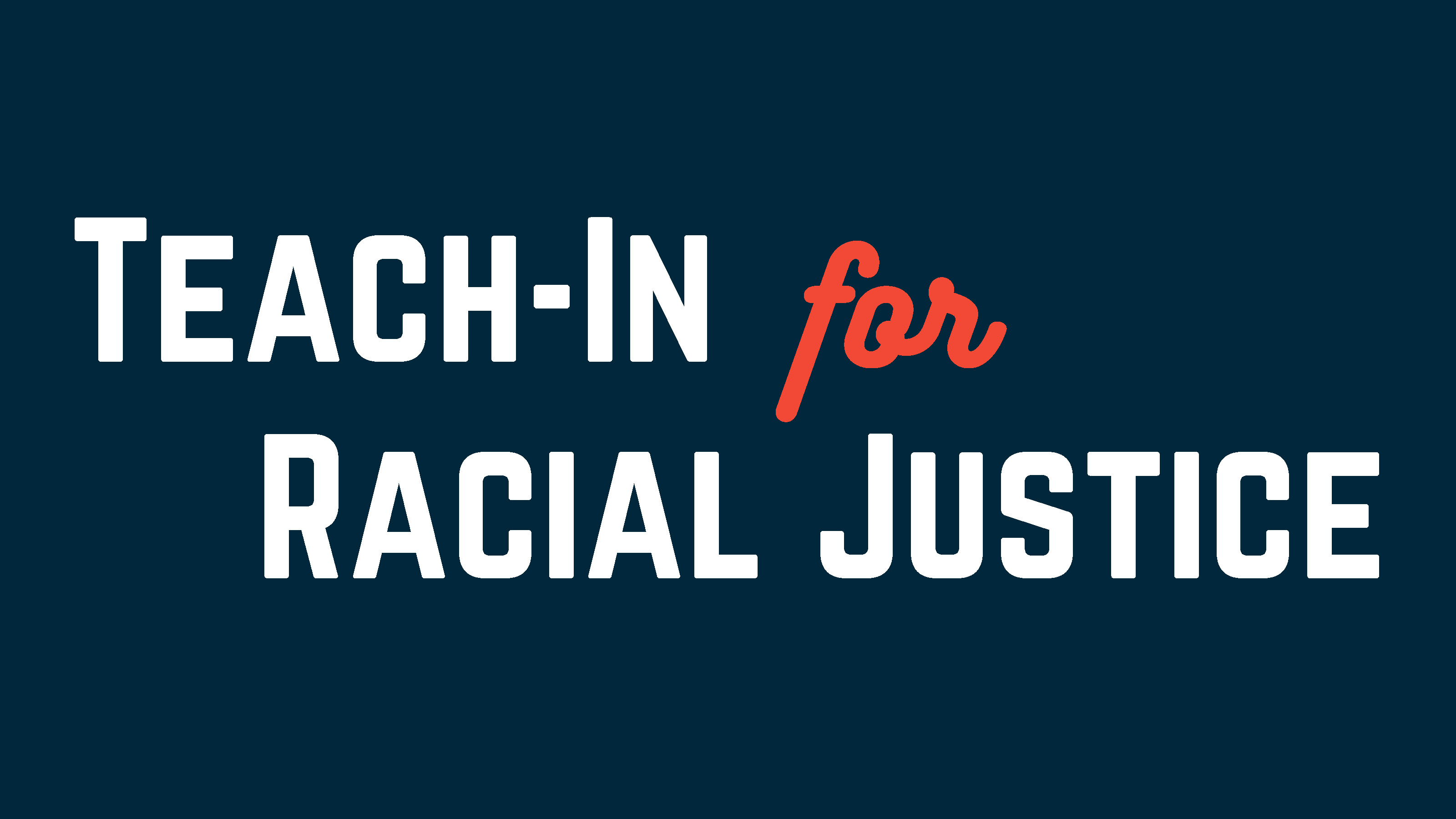In solidarity with nationwide efforts to support Black lives, Utah State University hosted a virtual teach-in to take place on the second day of a national #scholarstrike inspired by professional athletes’ protests against systemic racism. Co-sponsored by the Center for Intersectional Gender Studies and Research, the CHaSS Anti-Oppression Committee, and the Latinx Cultural Center, the USU teach-in sought to connect national conversations to our own academic and local communities. Through a series of panel discussions, USU students and faculty addressed issues such as athletes’ efforts in addressing racial injustice, links between religion and racial (in)justice, COVID-19 and police brutality as public health crises, local perspectives on Black Lives Matter, and police reform in Utah.
-

Black Lives Matter: Local Perspectives
Angela Diaz, Amy Odum, Gonca Soyer, and Christy M. Glass
A conversation with USU faculty on the historical and contemporary significance of the movement for Black lives, the potential for this movement to address systemic racism and white supremacy and ways the USU community can support this movement locally. The conversation features Dr. Angela Diaz, Assistant Professor of History, Dr. Amy Odum, Professor of Psychology and Gonca Soyer, an Adjunct Professor in Human Development and Family Studies.
-

Black Lives Matter: Local Perspectives Podcast
Angela Diaz, Amy Odum, Gonca Soyer, Christy M. Glass, and Simon Bergholtz
This podcast features Dr. Angela Diaz, Assistant Professor of History, Dr. Amy Odum, Professor of Psychology and Gonca Soyer, an Adjunct Professor in Human Development and Family Studies.
-

Black Lives Matter Utah: Current Realities & Future Possibilities
Lex Scott and Christy M. Glass
Lex Scott, the founder of Black Lives Matter Utah and the United Front Civil Rights Organization, discusses the evolution of the movement since its founding in 2013. Lex reflects on the early years of the movement as well as on the recent wave of nationwide protests. Lex also discusses her work with law enforcement and support for various police reform bills at the state and national levels.
-

Black Lives Matter Utah: Current Realities & Future Possibilities Podcast
Lex Scott, Christy M. Glass, and Simon Bergholtz
This episode features Lex Scott, the founder of Black Lives Matter Utah and the United Front Civil Rights Organization, discussing the evolution of the movement since its founding in 2013.
-

Police Brutality and COVID-19
Guadalupe Marquez-Velarde and Jessica Lucero
Dr. Guadalupe Marquez-Velarde discusses the relationship between health disparities in COVID-19 and police brutality, both overt manifestations of systemic racism. She explains why Black, Indigenous, and Latinx communities have been disproportionately impacted by the global pandemic and how police violence contributes to poor COVID-outcomes via the stress process. She also provides examples of how police brutality is in itself a social determinant of health.
-

Police Brutality and COVID-19 Podcast
Guadalupe Marquez-Velarde, Jessica Lucero, and Simon Bergholtz
In this podcast, Dr. Guadalupe Marquez-Velarde discusses the health impacts of COVID-19 and police brutality on BIPOC communities. She highlights the ways in which Black, Indigenous and Latinx communities have been disproportionately impacted by the global pandemic and police violence and the short and long-term consequences of these disparities.
-

Racial Inequality and Religion in the U.S.
Patrick Q. Mason and Christy M. Glass
A conversation with Dr. Patrick Mason, American religious historian and the Leonard J. Arrington Chair of Mormon History and Culture at USU. Dr. Mason discusses the ways religion has been used to justify and exacerbate racial inequality as well as the ways religious communities have bridged racial divides to move us closer to racial justice. This conversation is moderated by Dr. Christy Glass, the Interim Director of the Center for Intersectional Gender Studies & Research.
-

Racial Inequality and Religion in the U.S. Podcast
Patrick Q. Mason, Christy M. Glass, and Simon Bergholtz
In this podcast Christy Glass and Patrick Mason discuss the journey of the suffrage movement in early Utah.
-

USU Athletics & Racial Justice
Waqa Damuni, Justice Smith, Karen Christensen, Andre Grayson, Amy Crosbie, Jauwan Scaife, and Chris Gonzalez
A conversation with student athletes and members of the USU athletic department including Waqa Damuni, Justice Smith, Karen Christensen, Andre Grayson, Amy Crosbie, and Jauwan Scaife. The conversation focuses on personal experiences of race and racism in America and ongoing efforts by athletes nationally and locally to address racial injustice. This conversation is moderated by Dr. Chris Gonzalez, the Director of the Latinx Cultural Center.
-

USU Athletics & Racial Justice Podcast
Chris Gonzalez, Justice Smith, Waqa Damuni, Karen Christensen, Amy Crosbie, Andre Grayson, Jauwan Scaife, and Simon Bergholtz
This podcast focuses on personal experiences of race and racism in America and ongoing efforts by athletes nationally and locally to address racial inujustice.
-

Utah Representative Angela Romero on Police Reform and Racial Justice
Angela Romero and Christy M. Glass
Utah Representative Angela Romero discusses efforts to pass police reform in the upcoming legislative session. Rep. Romero explains the purpose and significance of these bills and discusses ways our community can support the efforts of Rep. Romero and her colleagues in the Utah legislature. This discussion is moderated by Dr. Christy Glass, the interim Director of the Center for Intersectional Gender Studies & Research.
-

Utah Representative Angela Romero on Police Reform and Racial Justice Podcast
Angela Romero, Christy M. Glass, and Simon Bergholtz
In this podcast, Utah Representative Angela Romero discusses efforts to pass police reform in the upcoming legislative session. Rep. Romero explains the purpose and significance of these bills and discusses ways our community can support the efforts of Rep. Romero and her colleagues in the Utah legislature.


